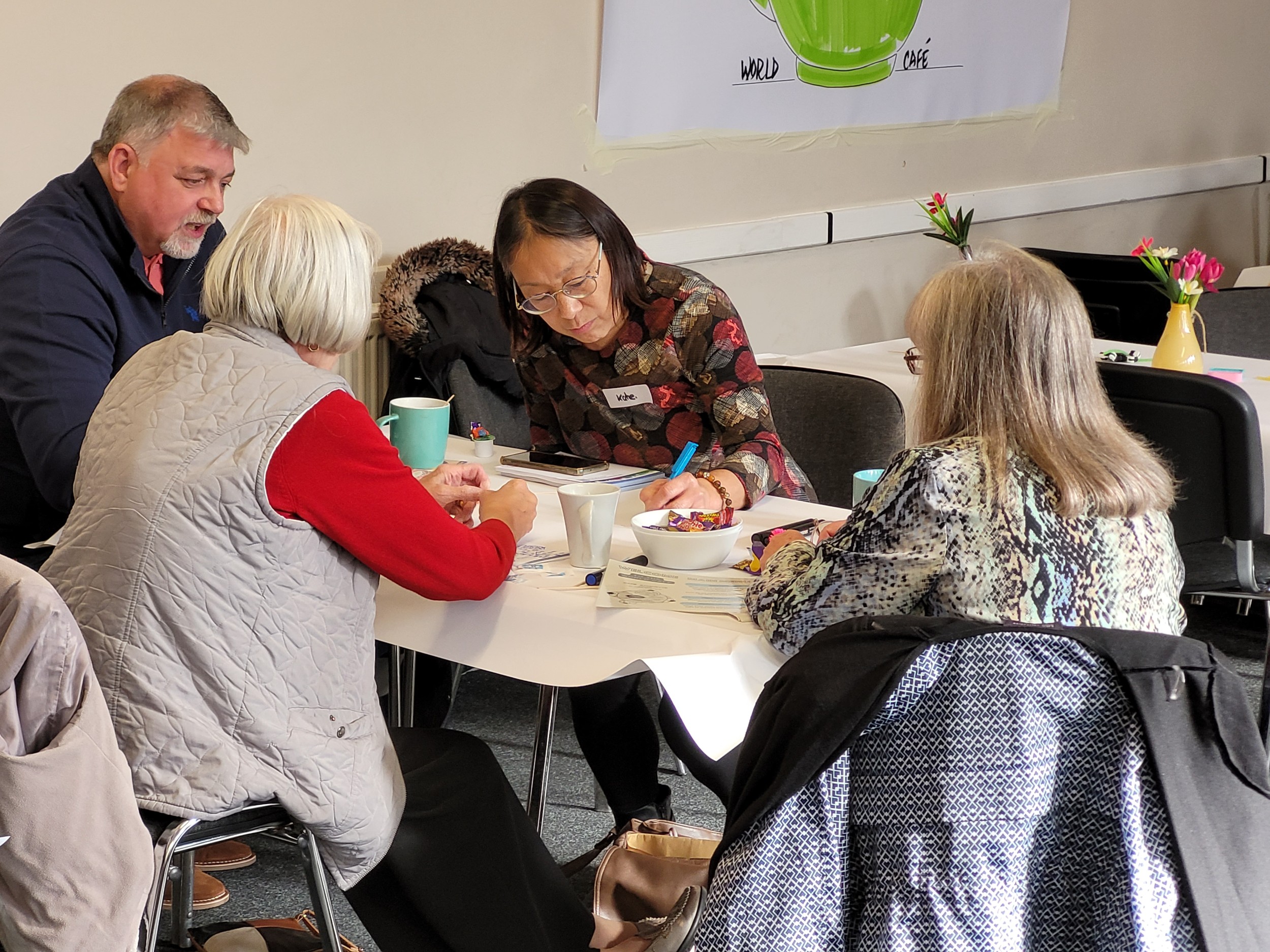In the first scheme of its kind in the Black Country as part of as part of the Greener NHS agenda, 19 community pharmacies have joined The Royal Wolverhampton NHS Trust (RWT) in a commitment to reduce carbon emissions, improve public health and protect the environment. The scheme supports NHS England’s ‘greener NHS’ mission aimed at achieving net zero emissions by 2040.
Simon Evans, Chief Strategy Officer for RWT, said: “The health and care system in England is responsible for around five per cent of the country’s total carbon footprint, so here at RWT we feel we have a duty to find more eco-friendly ways of doing things. Our Green Plan sets out how we can continue to provide high-quality care for patients, while at the same time protecting our local environment and visitors. The Trust has already made significant achievements in several areas including the physical estate, clinical services, waste recycling, catering and medicines – with this inhaler recycling scheme from pharmacy being the latest string to our bow. The need for responsible inhaler recycling was identified after a survey* with respiratory patients in Wolverhampton found that most did not know disposing of inhalers in household waste is harmful to the environment.
Inhalers contain a propellant called hydrofluoroalkane (HFA) – a potent greenhouse gas – and not disposing of them correctly risks HFAs leaking into the ground/atmosphere. With more than 60 million inhalers prescribed in the UK each year, inhaler recycling offers an opportunity to prevent further harm to our planet.
“The best way to reduce the carbon footprint of an inhaler is to return it to a pharmacy to be incinerated, but this project takes that one step further by actually recycling the plastic components,” said Maddy O’Hare, Senior Pharmacist - Critical Care Services for RWT. “As well as encouraging patients to return their inhalers, this scheme aims to get the message out there about the damage they can have on the environment if not disposed of properly. If I, as a pharmacist, was unaware of the impact, then how can we expect the general public to know? This is our chance to raise awareness and change behaviours for the better.”
Thanks to collaborative working across the Black Country Integrated Care System (ICS), and with support from AstraZeneca UK Ltd, the Trust received special collection bins for the hospital and community pharmacy sites, with supporting guidance that explains what can and cannot be recycled.
Robin Jassal, who is based at Ettingshall Pharmacy in Wolverhampton, received his bin this week. The pharmacy manager said: “We all have a role to play in the decarbonisation of our health service and I’m happy that we’re able to take part in the scheme. It will be a collective effort to inform and educate those around us, but I’m looking forward to engaging with patients and doing our bit to make a difference.”
The inhalers will be recycled and transformed into new products such as coat hangers and waste bins.
Janet Smith, Head of Sustainability for the Trust, added: “What’s important to note about the safe disposal and recycling scheme is that the Trust’s waste team will also pick up full bins on their usual routes around the city, which means they aren’t driving more than they normally would and emitting any additional CO2 into the atmosphere.”
RWT is the pilot site before the project rolls out across the wider Black Country later this year.
Neena Vadher, Principal Pharmacist Medicines Optimisation for Black Country Integrated Care Board, said: “As a member of the Black Country ICS Greener NHS Sustainability Network, I have a keen interest in the impact of medicines, especially inhalers, on the environment. Being part of the inhaler recovery scheme and working collaboratively with partners across the system to plan and implement the Black Country’s first innovative inhaler recycling scheme has been incredibly exciting.”
Jeff Blankley, Chief Officer for Wolverhampton City Local Pharmaceutical Committee (LPC), added: "Community pharmacies have always looked to receive back patients' unwanted medicines, so it made perfect sense to encourage patients to do the same with empty or unwanted inhalers. With such significant risks, it’s important that we do our bit to reduce harmful gases getting into the atmosphere as well as recycling some plastic components of the inhalers."
People can return old or used inhalers to New Cross and Cannock Chase Hospitals or a participating pharmacy in Wolverhampton – please ask your local pharmacist for more information.


